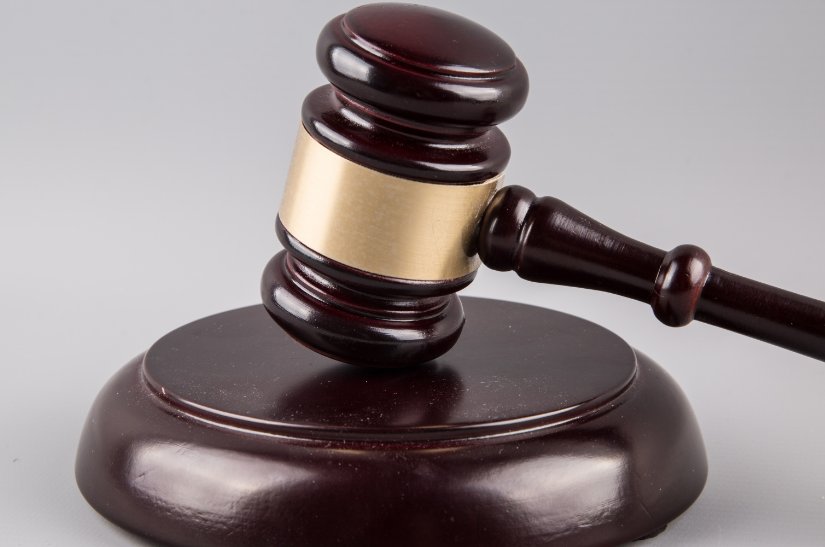Florida’s drive to legalize recreational marijuana for the 2026 ballot just slammed into a major hurdle, with backers suing state officials for what they call a deliberate stall tactic. The lawsuit, filed late last month, claims elections leaders are dodging their duties to keep the measure off the ballot, sparking fresh debate over cannabis reform in the Sunshine State. What happens next could reshape voter access to key issues.
Smart & Safe Florida, the group leading the charge for adult-use cannabis, took their fight to the state Supreme Court on October 30. They argue that Secretary of State Cord Byrd and Division of Elections Director Maria Matthews are ignoring clear laws by refusing to verify nearly a million petition signatures.
The suit demands the court force officials to act fast, calling their delay “nonsensical” and against Florida’s election rules. This comes after the group submitted over 1 million signatures, far exceeding the required 891,589 needed for ballot placement.
The complaint points out that state law requires quick review of these petitions. Without it, the measure can’t get the Supreme Court’s nod by the April 1, 2026, deadline. Backers say this holdup threatens the entire effort.
In a bold move, the filing accuses the DeSantis administration of meddling to block voter choice. It’s not the first clash; a similar suit hit in October over signature counts in one county.
History of Florida’s Marijuana Legalization Efforts
Florida has seen heated battles over cannabis before. In 2024, Amendment 3 aimed to legalize recreational pot but fell short with 55.9% yes votes, missing the 60% threshold despite strong public support.
Smart & Safe Florida, backed by major cannabis firms like Trulieve, has poured millions into this new push. They collected signatures at a rapid pace, hitting milestones that should secure a spot on the 2026 ballot.
This isn’t just about weed; it’s a test of how far state leaders will go to control what voters decide. Polls from groups like PPP in August 2024 showed 57% of Floridians favored legalization, hinting at widespread backing.
The group’s earlier win in 2016 legalized medical marijuana, proving they can rally support. Now, they’re fighting what they see as unfair roadblocks from officials aligned with Governor Ron DeSantis, who has openly opposed expansion.
Efforts like this have succeeded in states like Ohio and Maryland, where voter initiatives broke through similar barriers.

Why the Delay Matters for Voters and the Industry
The alleged stall could silence millions of Floridians eager for change. If the court sides with the campaign, it might set a precedent for faster ballot reviews, making it easier for future initiatives on hot topics like abortion or education.
For the cannabis industry, a win in Florida would open a massive market. The state already has a booming medical program with over 800,000 patients, generating billions in sales yearly, according to state data from 2024.
Delays like this hit everyday people hardest, from patients seeking relief to workers in a growing field. Imagine small businesses waiting on legal sales while officials drag their feet.
Here’s a quick look at key requirements for Florida ballot initiatives:
- Gather at least 891,589 valid signatures statewide.
- Meet distribution rules across 14 of 27 congressional districts.
- Secure Supreme Court approval on wording and signatures.
- Achieve 60% voter approval to pass.
This structure aims to ensure broad support, but critics say it gives too much power to state gatekeepers.
A ruling against the officials could speed up the process, potentially landing the measure before voters in 2026.
Potential Outcomes and Broader Impacts
Legal experts predict the Supreme Court could rule within months, given the tight timeline. If they grant the writ of mandamus, it would compel action, clearing the way for review.
But if denied, Smart & Safe Florida might need to restart signature drives, wasting time and resources. This lawsuit highlights tensions between citizen-led efforts and government oversight in Florida’s amendment process.
At stake is more than marijuana; it’s about democracy and who controls the agenda. Recent data from the Florida Division of Elections shows over 20 initiatives have faced similar hurdles since 2020, with only a handful making the ballot.
Voters have shown strong interest, as seen in the 2024 turnout where pot and abortion measures drew national attention. A 2025 survey by the University of South Florida found 62% support for recreational use, up from prior years.
The case also ties into national trends, with 24 states now allowing adult-use cannabis, per the National Conference of State Legislatures’ latest report.
This legal showdown in Florida underscores a growing pushback against what some call overreach by state officials in blocking popular reforms. It leaves voters wondering if their voices will truly count come 2026, stirring frustration and hope for a fair shot at change.
